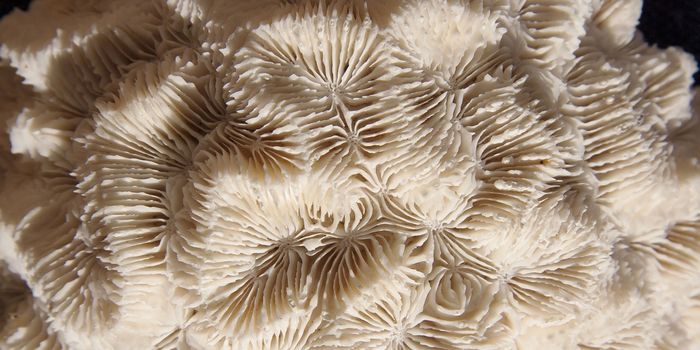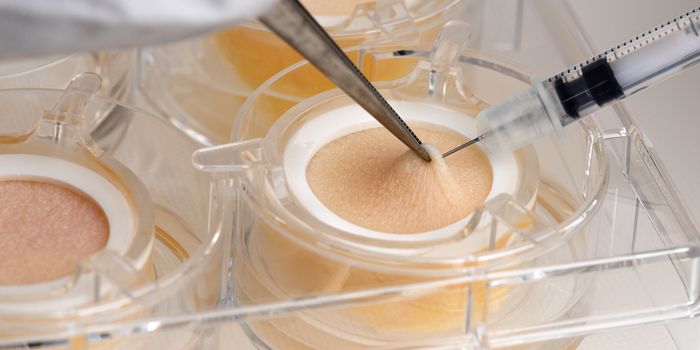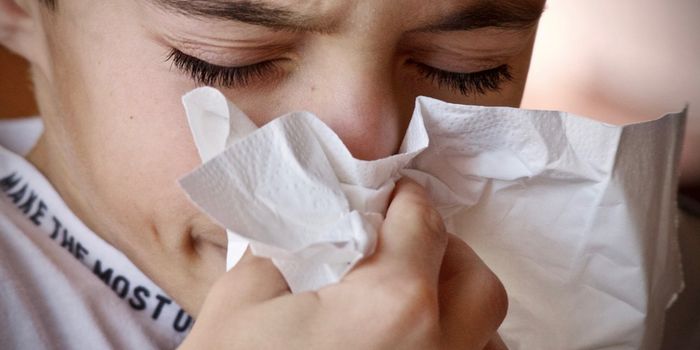The whole family ate the same seafood last night, yet only two out of the six got sick. What gives?
In a new study from Duke Health, scientists have identified 29 innate immunity-related genes that can predict which members of a group are less and more likely than others to become infected with a circulating pathogen.
Out of 30 healthy participants who were exposed to
Escherichia coli, a common cause of food poisoning and traveler’s diarrhea, six experienced extreme symptoms and six appeared to be unaffected. Senior author of the study published in the
Journal of Infectious Diseases, Ephraim Taslik, MD, PhD, and his team closely analyzed the genetic differences between these two groups.
Tsalik and his team used blood samples to look for key changes in gene expression, and the 29 immune-related genes they found to be involved seemed to be predictive of how each host would respond to an
E. coli infection.
"Within each group, there were changes in the patients' gene expression patterns happening throughout the experiment," Tsalik said.
The six participants whose gene expression boosted their immune system during the experiment are not decidedly protected against all future infections, but the Duke scientists have clearly identified the genes that increased the participants’ chances of staying healthy. The impact of environmental influences, stress, and diversity of the microbiome also plays a big role in decreasing or increasing someone’s risk for developing an infection.
Going forward, Tsalik plans to see how the same genes boost the immune response to microorganisms other than
E. coli, like viruses and other types of bacteria. He said he will be looking for new ways to boost the immune system, depending on how gene expression changes in different cases of infection.
Source:
Duke Health









